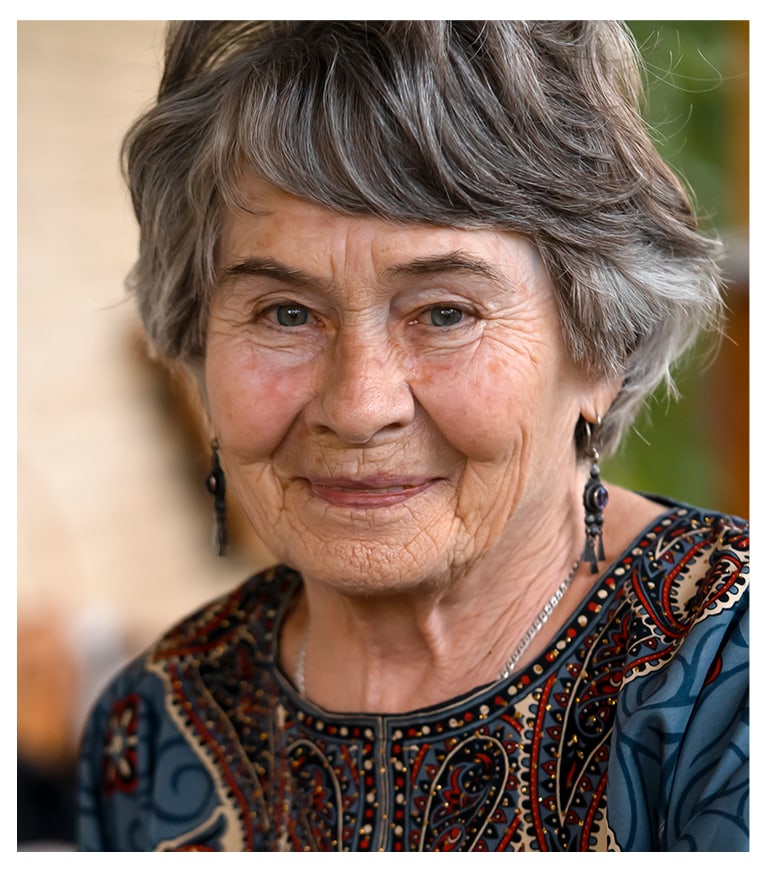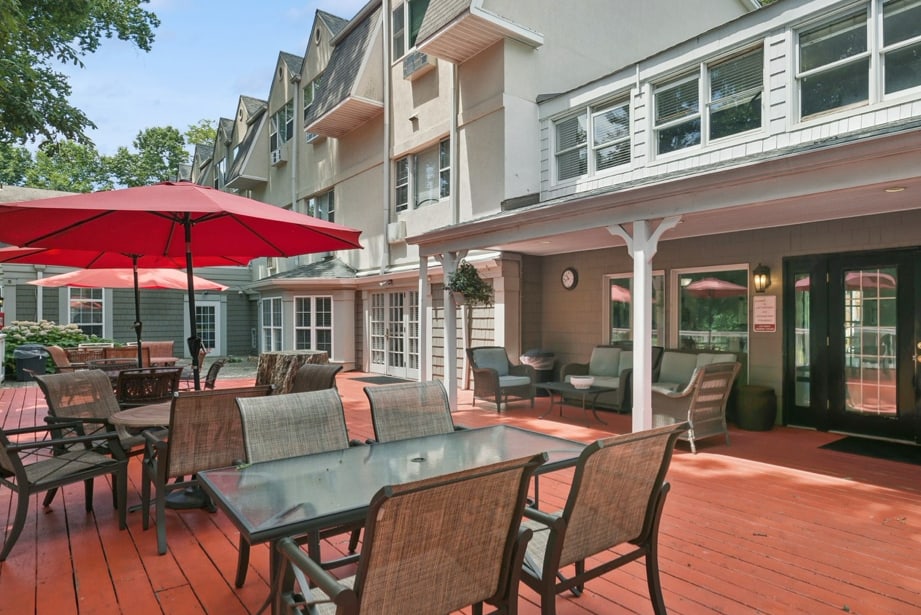Older adults and their families face important decisions about living arrangements as they age.
A senior living community encompasses various residential options designed to cater to the diverse needs and preferences of older adults, offering services like personal care, memory care, and respite care.
According to the U.S. Department of Health and Human Services, the number of people aged 65 and older who will eventually require senior living facilities is expected to rise from 15 million in 2000 to 27 million by 2050.
What Are Senior Living Communities?
Senior living communities provide structured environments where older adults can continue to enjoy life while receiving necessary support. These communities are tailored to suit different care needs and lifestyles, helping each resident find a comfortable and supportive home.
Residents can benefit from living among peers, participating in engaging activities, and accessing healthcare services as needed. Facilities often include amenities such as dining services, fitness centers, and transportation, fostering independence where possible while providing care.
A well-suited community plays a pivotal role in supporting older adults to sustain an active lifestyle and build meaningful connections, which is essential for boosting their overall well-being and enriching their quality of life.
Different Types of Senior Living Communities
Understanding the various types of senior living communities helps make sure that your loved one receives the appropriate care tailored to their unique needs. Each community is designed to address specific care requirements and promote well-being.
Personal Care
Personal care communities focus on providing assistance with daily activities while promoting independence. Residents receive support with tasks such as bathing, dressing, and medication management, allowing them to maintain their autonomy while receiving the care they need.
These facilities create a home-like environment, combining care with opportunities for social interaction and personal growth. Residents can enjoy activities, wellness programs, and events that promote a vibrant lifestyle.
Memory Care
Memory care communities specialize in supporting individuals with Alzheimer’s and dementia. These facilities offer secure environments with specially trained staff focused on the unique challenges of memory loss.
Residents receive care plans that address cognitive, emotional, and physical needs. Activities are designed to stimulate memory and maintain cognitive function while fostering a sense of purpose.
Families can find comfort in knowing their loved ones receive compassionate care, specialized attention, and a structured routine that prioritizes dignity and respect.
Respite Care
Respite care provides temporary relief for caregivers, offering short-term stays for older adults needing additional support. It offers the same level of care and amenities as longer-term options, providing comfort and continuity.
This service allows caregivers to rest and recharge, knowing their loved ones are in a supportive, safe environment. Older adults can benefit from socialization and engagement, even during brief stays.
Respite care can also serve as a trial experience for older adults considering a more permanent move to a community.
Signs It May Be Time to Consider Senior Living
Recognizing when it might be time to consider a senior living community for your loved one is important. There are several signs that may indicate it’s time to explore this option:
- Decline in physical health: If your loved one is experiencing frequent falls, difficulty managing daily tasks, or worsening chronic conditions, a senior living community may provide the necessary support and care.
- Social isolation: Older adults who become increasingly isolated or withdrawn may benefit from the social opportunities and sense of community offered by senior living communities.
- Caregiver burnout: If you or other family members are feeling overwhelmed by caregiving responsibilities, it may be time to consider a senior living community that can provide professional support and relief.
- Home maintenance challenges: Difficulty maintaining a home or managing household tasks can be a sign that a senior living community could offer a more manageable living environment.
By recognizing these signs and considering the benefits of senior living communities, you can find the right care that prioritizes the well-being and happiness of your loved one.
Supporting Your Loved Ones’ Transition to Senior Living
Transitioning to a senior living community can be an emotional and challenging experience for both older adults and their families. However, with the right support and guidance, it can also be a positive step toward a fulfilling and enriching lifestyle.
Open Communication
Open communication is essential for a smooth transition to a senior living community, as it helps address concerns and empowers your loved one in the process.
- Practice active listening to understand and validate their feelings.
- Address any fears or anxieties they may have about the move.
- Involve them in the process to make sure they feel heard and respected.
Visit Communities Together
Visiting potential senior living communities with your loved one can help you and your family make an informed and comfortable transition.
- Encourage your loved one to ask questions and express their thoughts and feelings.
- Meet with staff and residents to better understand the community.
- Consider trial stays or day visits to help them acclimate.
Foster a Sense of Belonging
Fostering a sense of belonging in a senior living community is vital for your loved one’s happiness and integration into their new environment.
- Encourage participation in community activities and events to build connections and friendships.
- Highlight the support systems and opportunities available within the community to enrich their lifestyle.
- Maintain regular contact and visit frequently to reassure them of your continued involvement and support.
Choosing the Right Senior Living Community
Finding the appropriate senior living community for your loved one helps them receive the specialized care they need.
The Terrace at Chestnut Hill offers a range of services and support tailored to meet each resident’s unique needs. Our approach focuses on understanding and addressing residents’ individual needs, helping them live fulfilling lives enriched by compassionate care. By aligning the community’s services with these needs, we help empower residents to continue living the lives they cherish with the necessary support.
Discover how our community can be the perfect fit for your loved one’s needs. Request a tour today and take the first step towards a brighter future for your loved one.









